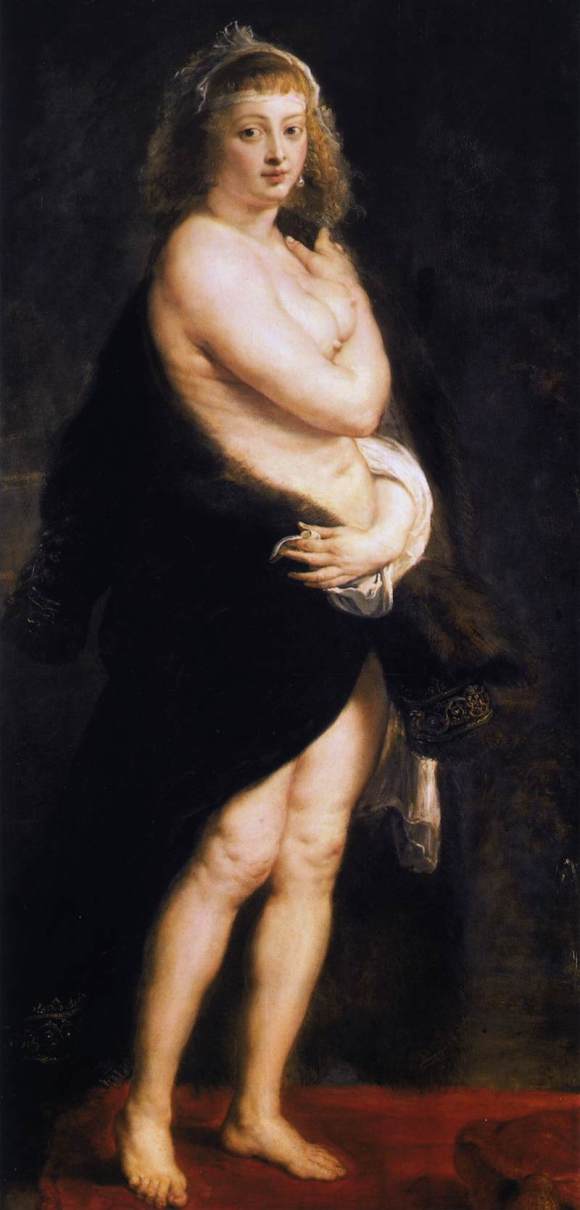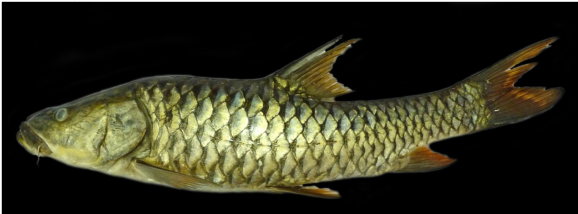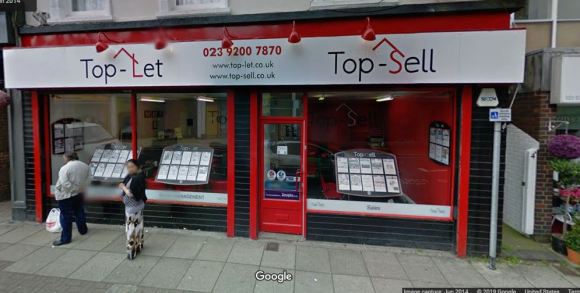“They’re going to turn this place into a carnival.” Paul let the heavy drapes fall closed.
He was grumping on about the Welcome Center again. The Preservation Society planned to break ground on the structure next spring.
“Come now, is it really that bad? We can’t even see the site from our suite,” Gladys said.
“That’s not the point and you know it. Our grandfather built this place.”
He was always saying ‘our grandfather’ as if the old man had bounced them on his knee. In truth, he wasn’t a grandfather but a great-grandfather. To Gladys, he was a stern face staring from an oil painting. “Things change,” she shrugged.
“We’ve kept the very roof over their heads. And at great expense, I might add.”
She stared past the collection of dusty antiques wearing their skins of fading silk, to the watermarks along the south wall. That was also true, which was maybe why it was time to let go.
—
160 words
This week I went over by 10 words, which I am counting as a birthday present 🙂 This has been an edition of What Pegman Saw. To read more stories inspired by the prompt, visit the InLinks.
This story inspired by Are the Vanderbilt Heirs being forced out of the Breakers? The answer is yes, and to give away the ending: They were.












